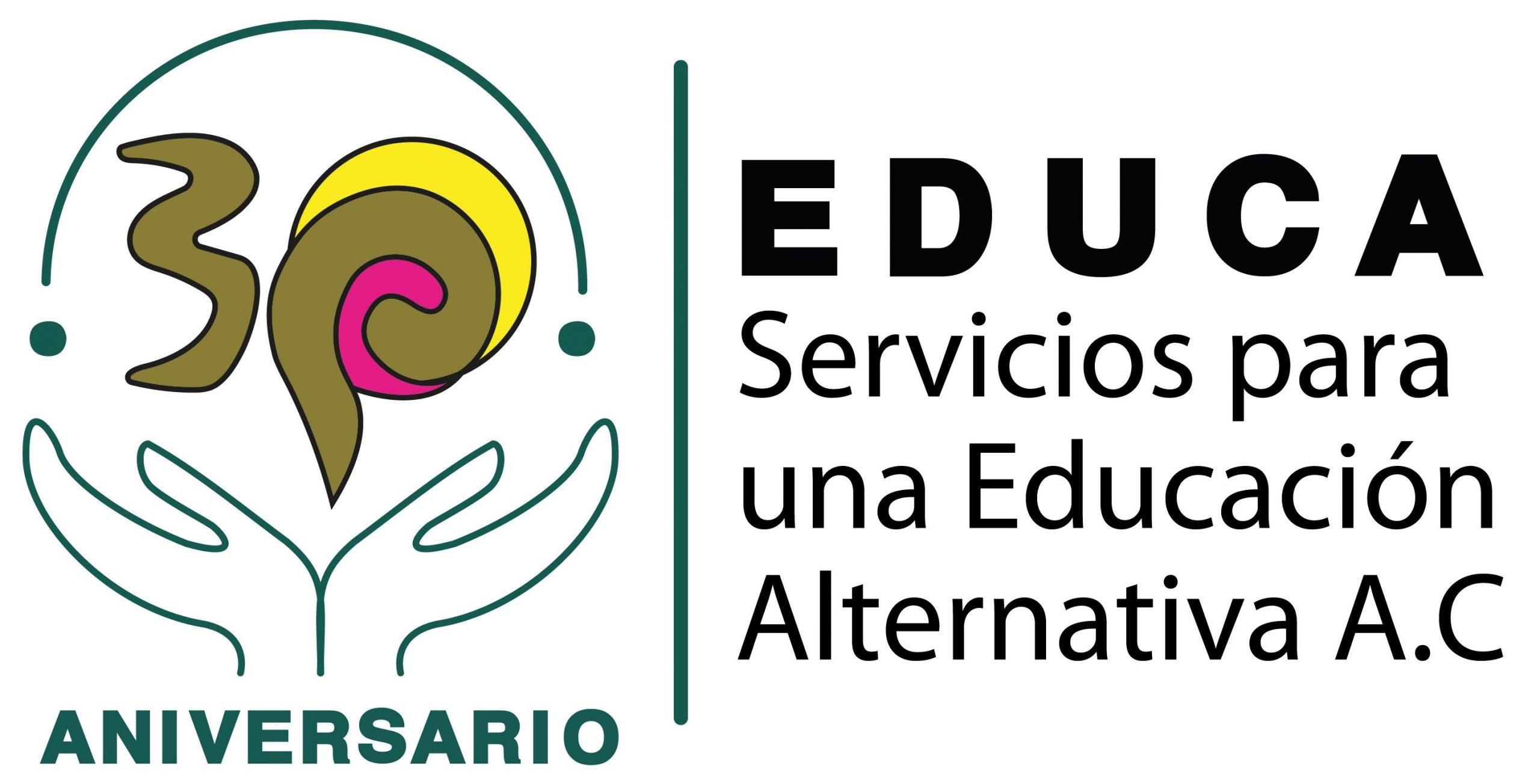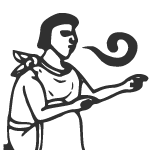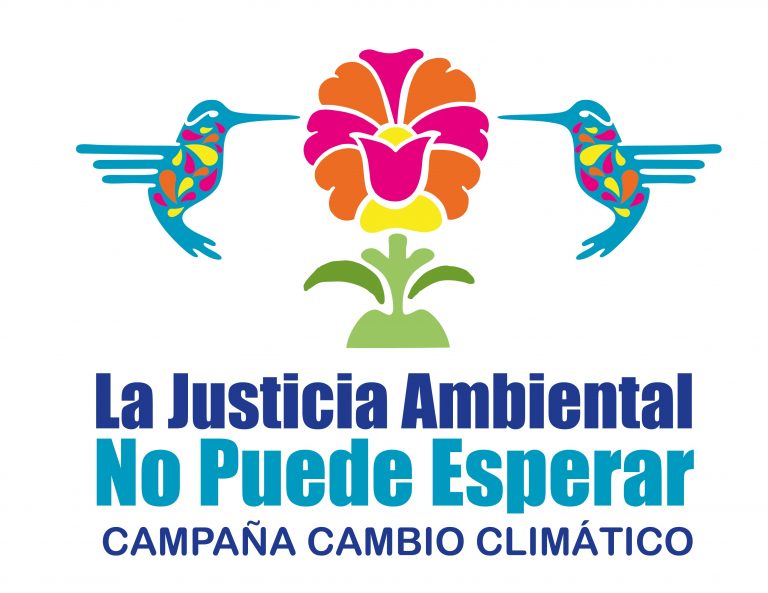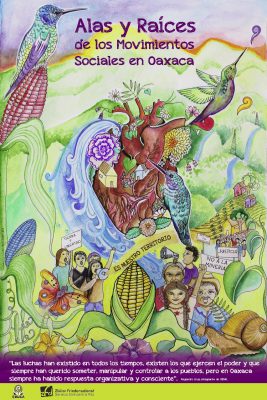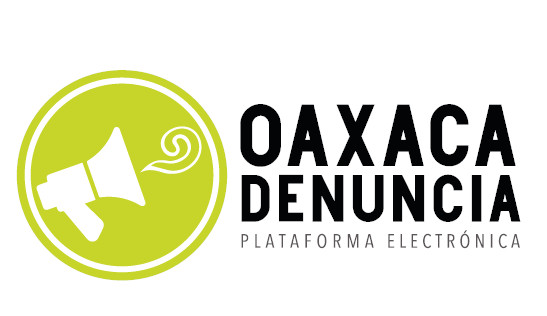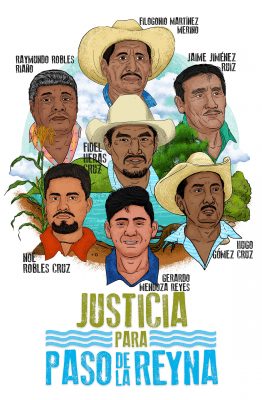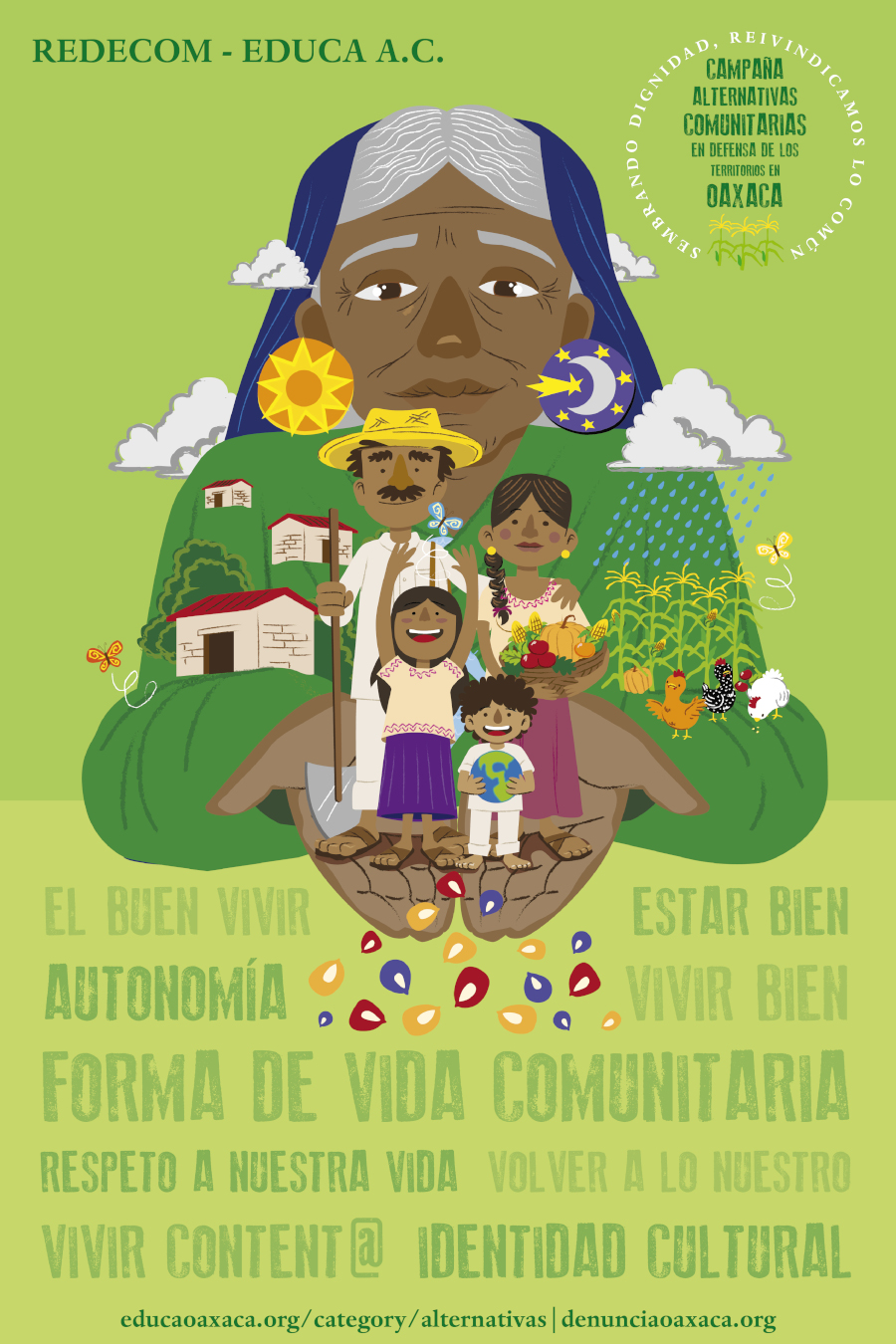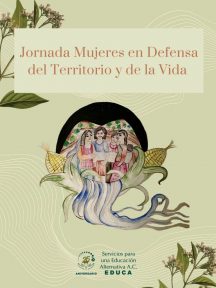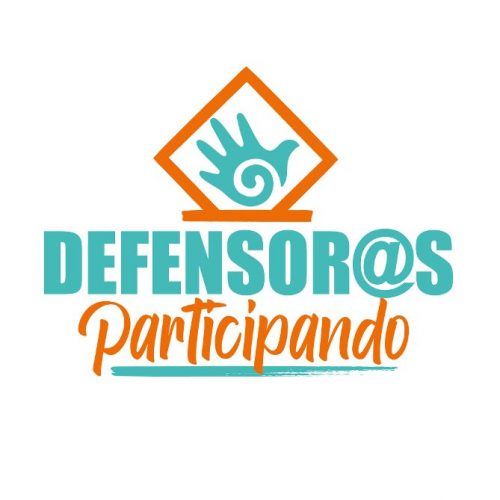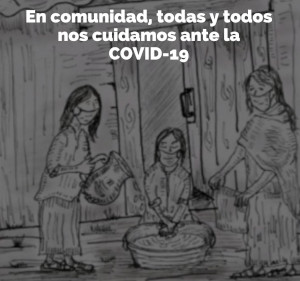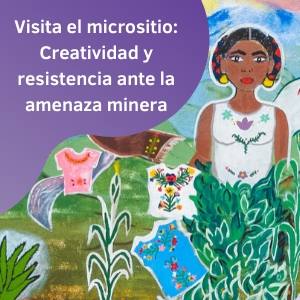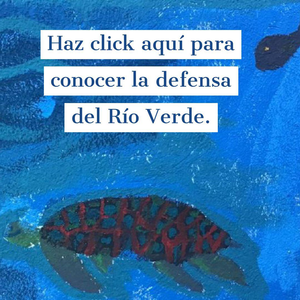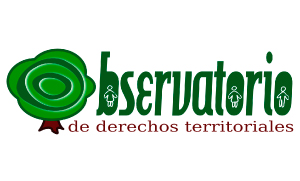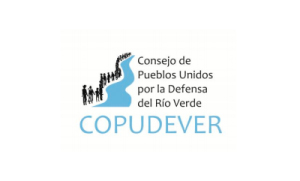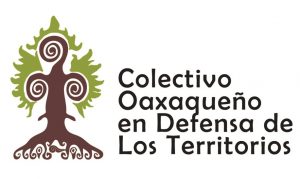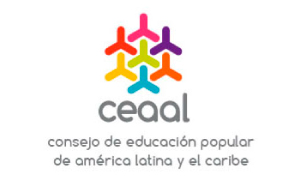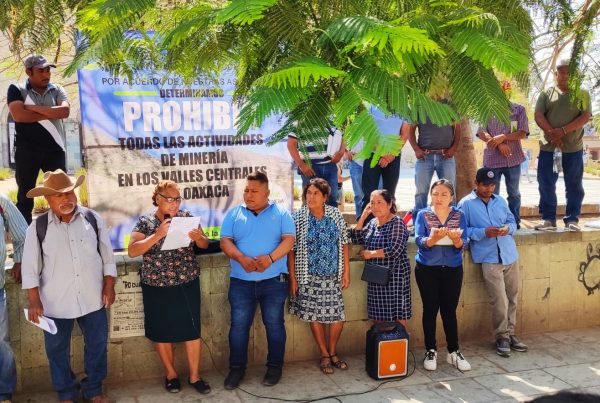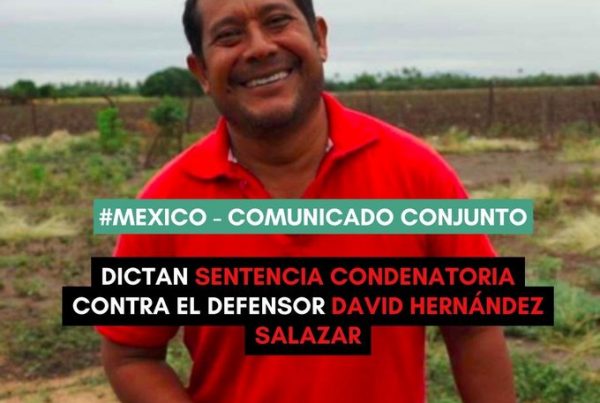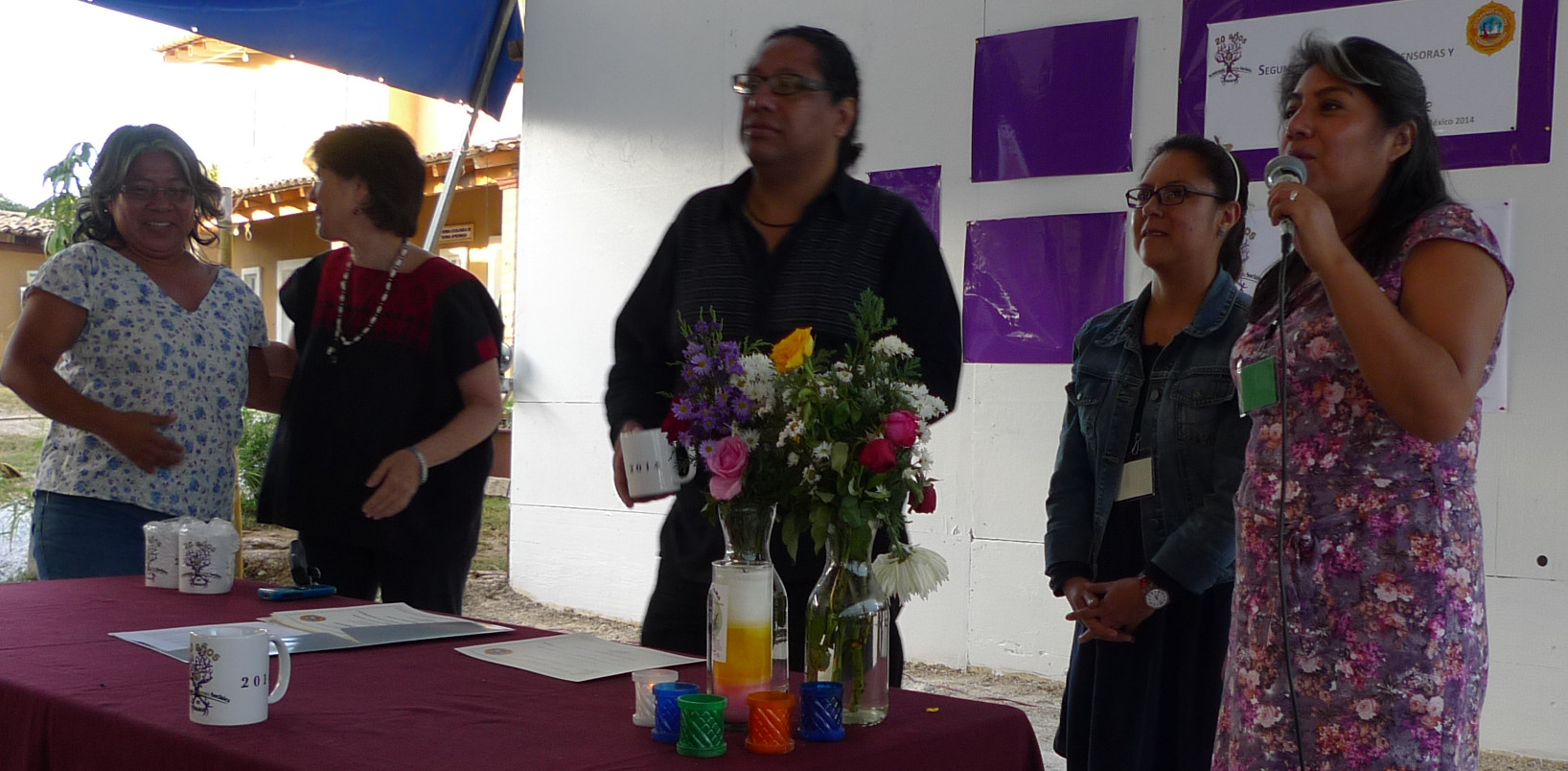 “When I see that a child can go to school, well fed and with a smile on its face…when I see a river flowing freely, plentiful cornfields, forests thriving…when I see an indigenous assembly and the multicoloured traditional clothing…when I hear the different languages of the mountain communities…when I see the problems that oppose the common interest…when people are heard and authorities act with honesty and fairness…when anybody can decide how to look, who to love, in what to believe. ..that is when my heart tells me my work is worth the effort.” Ana Maria Garcia Arreola, Educa A.C., Oaxaca de Juárez, Mexico
“When I see that a child can go to school, well fed and with a smile on its face…when I see a river flowing freely, plentiful cornfields, forests thriving…when I see an indigenous assembly and the multicoloured traditional clothing…when I hear the different languages of the mountain communities…when I see the problems that oppose the common interest…when people are heard and authorities act with honesty and fairness…when anybody can decide how to look, who to love, in what to believe. ..that is when my heart tells me my work is worth the effort.” Ana Maria Garcia Arreola, Educa A.C., Oaxaca de Juárez, Mexico
The work of women all over the world remains highly underestimated, and women still suffer under the reign of patriarchal values in their many different life pursuits. This applies also to women whose vocations include politics, advocacy or journalistic practices, – in other words, women who work in the so-called public sphere.
Last week Mexico’s arguably most renowned female journalist Carmen Aristégui, declared that it seems, “we are light years away from establishing a culture that respects women”. Mexico, a nation plagued by corruption and impunity from punishment, is also home to a myriad of savvy activists fighting for a more dignified life. A great number of these social activists are female and go by the term defensora – which translates to woman human rights defender (or WHRD). This year’s International Women’s Day revealed the necessity to bring to light some the work mexican defensoras carry out, in particular those who risk their lives to protect others and their indigenous/non-indigenous communities.
While the nation’s government response is for the most part lacking in regards to the protection of both male and female human rights defenders, those living and working in their communities continue struggling to resist capitalist megaprojects and resource extraction companies that threaten their existence as indigenous people. The destruction of indigenous and other non-indigenous communities are often a cause of grand scale investment projects and government concessions. During the Vicente Fox and Felipe Calderon administrations, 52 million hectares of land were concessioned to mining companies, equal to 26% of the national territory and only one example of Mexico’s neoliberal policies currently in place.
Human rights violations committed by capitalist enterprises, project developers or government institutions include the lack of free, prior and informed consent, complete absence of adequate accountability and corporate responsibility, land theft and provocation of violent conflicts among project advocates, opposition parties and authorities, affecting the wellbeing of entire communities.
Ana Maria Garcia Arreola, member and founder of Oaxacan NGO Educa A.C., is a native of the capital city in the southern state of Oaxaca. Her work involves, in part, the accompaniment of indigenous and rural community leaders in resistance of marginalization by corrupt authorities and transnational megaproject developers, as well as the provision of tools which aim to maintain the peoples autonomy and support the fight for their rights.
As a woman human rights defender (WHRD), Ana Maria is aware of the challenges facing other women in rural peasant communities, defending their right to autonomy, land and culture, and recognizes the importance of fostering the promotion for, and protection of, WHRD’s in these communities. “I feel as though we, as women, have a capacity for indignation towards injustice and that we value defending life. This would imply that, when an opportunity to defend against these impositions is presented to us, we women involve ourselves despite our own already existing problems,” says Ana Maria.
According to the National Network of Women Human Rights Defenders, in Oaxaca, a state populated by well over 50 percent indigenous people and one of the poorest regions of Mexico, WHRD’s suffer one of nation’s highest assault rates. Between January 1st until May of the year 2014, 38 aggressions against 17 WHRD’s, 3 journalists and 5 organisations or collectives were register For some of these women, the experiences have been especially harrowing, due to the consequence of forced migration from their home towns, villages or even from the country.
Member of the National Network of Women Human Rights Defenders and director of feminist organisation ‘Consorcio’, Ana Maria Hernandez Cárdenas, explains how women practicing the promotion and defense of human rights are also subject to more specific dangers and aggressions that do not apply to male human rights defenders. As Hernandez recounts on the independent news and analysis channel ‘Rompeviento’, these specific aggressions are a result of “simply being a woman in a society that discriminates everything that has anything to do with femininity – and the work of a woman human rights defender challenges precisely this mandate of being feminine. Many aggressions we experience involve our private lives – in contrast, very rarely will you hear of a male human rights defender being attacked on the premises of his intimate relations and his private life. This, in the context of a rural indigenous community, can be very harmful, bringing women into serious disrepute.”
Challenges for community WHRD’s appear as a direct result of discrimination towards their circumstances as indigenous, female and, as is also often the case, originating from lower-income families. Women human rights defenders across Mesoamerica confront alienation and violence from families and society in general, as a consequence of their nonconformity to traditional gender roles, and as internationl organisation Jass Associates reports, many WHRD’s in this region face added difficulties due to experiences of harrassment and burnout symptoms in their workplaces, as well as increased vulnerability to sexual abuse and defamation campaigns. Ana Maria from Educa explains that defense can therefore be initiated from the most intimate environment of a woman i.e. her right and ability to speak, participate and make decisions among her family and peers. Due to a manifest misogynistic cultural legacy, women, particularly in the rural context of Oaxaca and the rest of Mesoamerica, have been restrained in exercising activities traditionally ascribed to men in their communities.
“This situation however has evolved more recently due to social dynamics such as easier access to education, the chain effect of migration and the absence of men in the communities – all of which have represented an opportunity for the recognition of many women and their demand that women should no longer suffer violence and marginalization in their communities.” For Ana Maria it is of vital importance to promote the formation of public and private recognition of women’s contribution to protecting common resources, faced by many rural communities in Oaxaca, in order to make the gender role distribution between sexes more equal, strengthen communities and reinforce the indigenous resistance movement.
Read more on WHRD’s in Mexico: Women defending rights in Oaxaca, Guerrero and Veracruz
Watch video campaign for WHRD at Consorcio Oaxaca, Yésica Sánchez (2 mins.)
![]()
